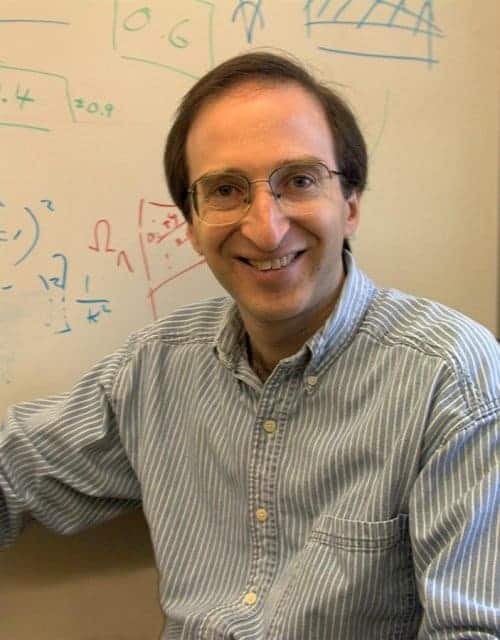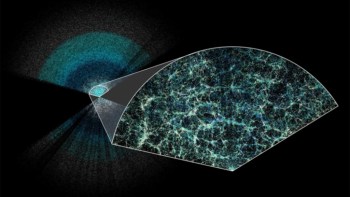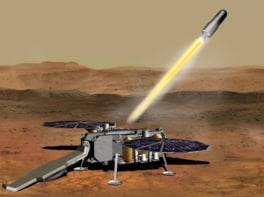Two independent teams of researchers who discovered that the expansion of the universe is accelerating have been awarded this year's Gruber Cosmology Prize. The prize, worth $500,000, has been given to the groups led by Saul Perlmutter and Brian Schmidt, who reported their discovery in 1998. Their work provided the first convincing evidence for the existence of "dark energy" -- a mysterious and so-far invisible entity that physicists believe works against gravity to boost the expansion of the universe.

Each team presented its findings in two key papers, published early in 1998. Perlmutter, who is at the Lawrence Berkeley National Laboratory and the University of California at Berkeley, was leader of the Supernova Cosmology Project. Brian Schmidt, who headed the High-Z Supernova Search, is based at the Australian National University in Canberra. Perlmutter and Schmidt take home $125,000 in prize money each, while the other team members will share the remaining $250,000.
Both teams discovered the accelerating expansion of the universe by studying distant type Ia supernovae. These exploding stars are believed to all have the same luminosity, which means that their brightness can be used to determine how far away they are. However, Perlmutter and Schmidt’s teams were surprised to find that the light from these supernovae was fainter than expected for a given expansion velocity, which indicated that the supernovae were further away than expected.
Since the 1998 breakthrough, the accelerating expansion of the universe has been confirmed by independent studies including those looking at the cosmic microwave background and the distribution of thousands of galaxies. These and other studies have strengthened the argument for the existence of dark energy, which some physicists believe accounts for nearly three-quarters of the mass of the universe. However, dark energy has yet to be observed directly, either the laboratory or the cosmos.
The prize citation describes the discovery as “a crazy result that was hard to accept”. It also commends both teams for developing “new techniques that use supernovae exploding within distant galaxies to measure precise distances across a large fraction of the observable universe”. The Gruber prize has been awarded annually since 2000 by the Peter and Patricia Gruber Foundation, which is based in the US Virgin Islands.




